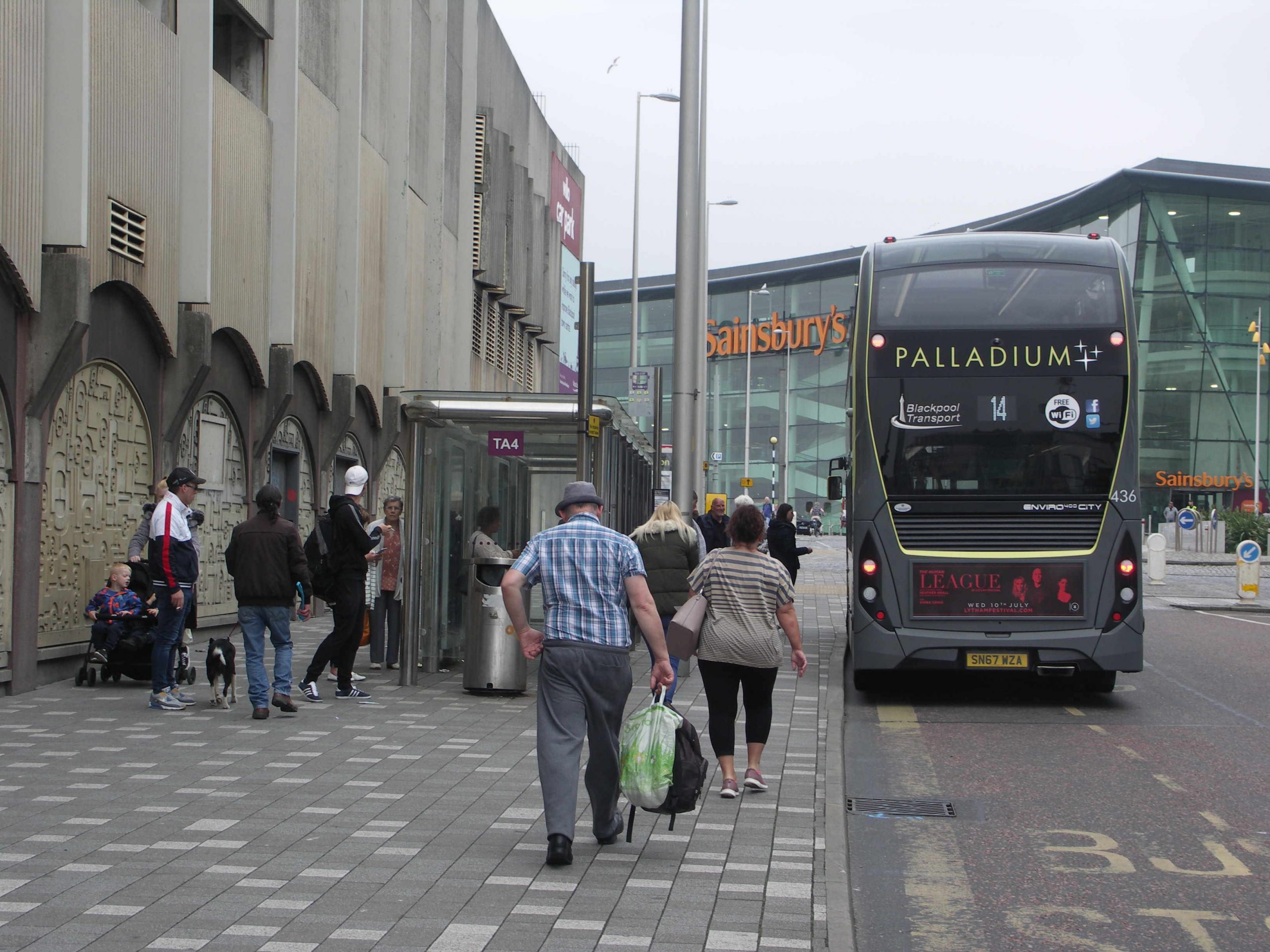A reluctance among some merchant services providers (MSPs) to continue to work with the travel industry on card payment transactions is proving to be an ongoing headache for a number of coach operators, with claims that in extreme cases, some have been given only hours’ notice of the termination of MSP contracts.
Insult has been added by those MSPs often also imposing moratoriums of undefined duration on the transfer of some or all funds that they have taken through card payments and hold on behalf of the operator. One coach company that spoke to routeone currently has a six-figure sum in limbo with its former MSP and no indication of when it may receive it.
A second operator has £200,000 tied up with its previous MSP – money that it needs. It has paid suppliers such as hotels from existing capital while customers’ money is inaccessible. But having to do that has added further stress to a business that has suffered a lifetime’s worth of it since March 2020.
Reduced risk appetite for travel businesses by MSPs to blame?
It is understood that MSPs have taken this step after their appetite for the perceived risk of the travel sector was eroded. An individual familiar with the issue says some of that is because of a year of customers approaching card issuers for refunds, sometimes before speaking to the tour provider, or seeking chargebacks instead of using bonding schemes in the case of company failure.
However, there is already a suggestion from trade body RHA that the issue with MSPs may be a relatively short-term one that will remedy itself when certainty returns and MSPs regain confidence in the coach tourism sector.
Operations Manager – Coaches Andy Warrender adds that the problem is predicting when the latter might occur, although if there are no further government-mandated interruptions to trading he hopes that the difficulty will subside relatively quickly.
Card payment crisis arrived at difficult time for coach operators
The extent of the second operator’s panic around the actions of its former MSP is clear. It has survived the past 15 months, lost no staff and paid employees in full while they were subject to the Coronavirus Job Retention Scheme.

But news earlier this year that its contract with its MSP was being terminated left the operator’s Managing Director at what they describe as their lowest point of the pandemic.
“I initially thought our business was over. That is how serious this is for the coach industry.”
The operator reports that its bank has been supportive and offered a loan equal to the funds that the former MSP continued to hold at the time of writing. While that gesture was appreciated, the company does not wish to place itself in debt. Instead, its MD “wants our own money.”
It has been able to secure an alternative MSP, but on terms that are less favourable than before. 15% of monies are withheld for 180 days. But the operator has already suffered four days’ trading with no means of accepting card payments after the contract with its previous MSP ended.
The MD adds that with no MSP, a coach tourism provider has no business, and the interruption was particularly disruptive during a period when bookings were returning.
Internal trust account now utilise by one operator
The first operator adds that it was served with short notice of contract termination by its previous MSP. It was then told that the only option to maintain the agreement was for it to establish a trust account with a provider approved by the MSP. It could not do so at the time, and instead eventually secured an alternate MSP. However, money remains tied up with the original MSP.
In an indication of the level of risk that some MSPs regard the travel industry as presenting, all this business’s various offers of alternatives to the approved trust fund method to ensuring consumer protection were rejected.
The same operator now runs an internal trust account to keep customers’ advance payments separate to working capital. A representative of the company suggests that such a route, or a hybrid arrangement combining it with a bond, may be adopted on a wider basis over time.
Bonding also suitable, says Wrightsure Insurance
Wrightsure Insurance Business Development Director Andrew Day acknowledges that the issue is a difficult one for the coach tourism sector. He adds that Wrightsure can offer those businesses affected a free consultation on their options for continuing to provide customer financial protection.
But Mr Day cautions that a trust arrangement is not ideal for all operators. Money held in a fully segregated trust account may not be released until after the tour has returned to base. He adds that bonding, and particularly that offered by the Bonded Coach Holidays scheme, is generally the most cost-effective manner to provide consumer protection.
routeone approached the MSP that is withholding the second operator’s funds and asked it to clarify when businesses in the coach tourism industry with which it has cancelled contracts should expect to receive any customers’ money that it is still be holding. It did not respond.



























